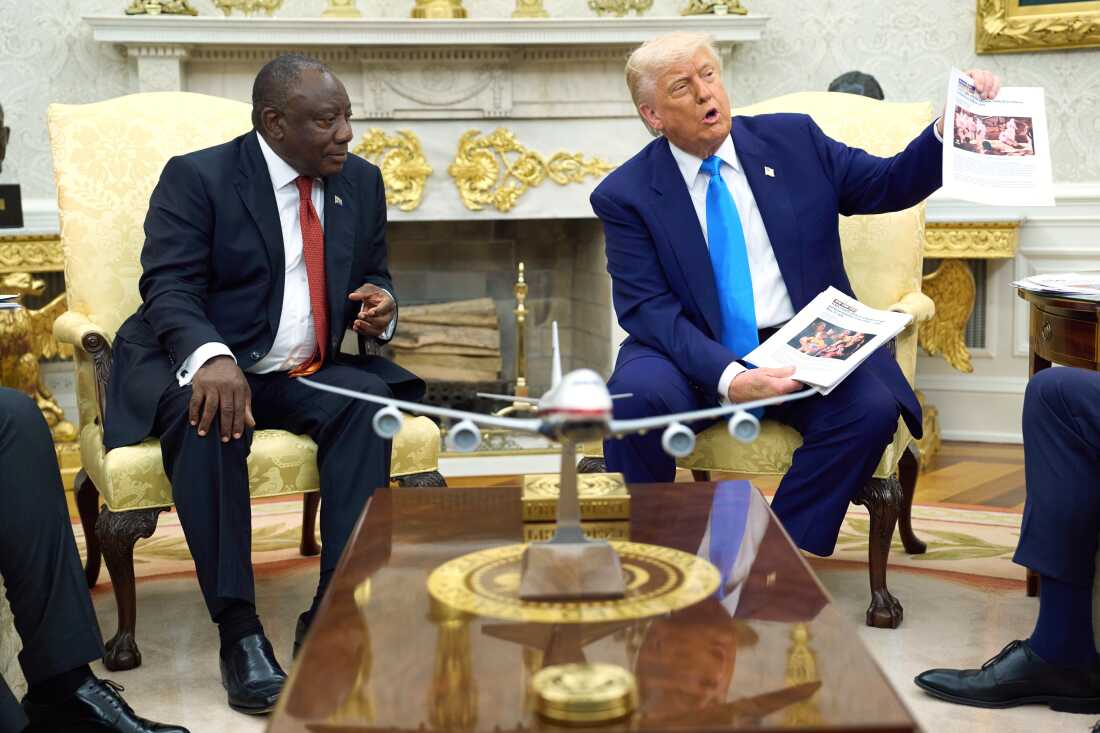The purpose of the conference was to explore the often conflicting dynamics between policy and governance frameworks and crisis in shaping the circulation, accessibility, and the utilisation of cash in increasingly digitalising African societies.
It was organised by the Interdisciplinary Fellow Group (IFG12) of the Merian Institute of Advanced Studies in Africa (MIASA) and attended by various scholars from different academic fields of study from different countries across the globe.
According to Prof. Quartey, although Ghana, just like other countries, had witnessed a rise in the use of digital payment, the use of physical cash remained relevant and needed not to be restricted.
He noted that it was not important to totally eliminate the use of physical cash as there were areas within the country that were “unbanked and underserved” that could not make use or have access to digital payment systems.
“The topic is very important in the sense that we have been talking about digital payment and digital technologies all the time, but also cash is important. This is because there could be instances where the digital technologies may not be working, and you would need the physical cash to make payment.
“The point is that let’s give people choices. Let them have both cash and digital payment. Whatever we can do to reach the unbanked, let us do so. Let us not restrict individuals to only digital payment, it may fail. There has to be a backstop or a secondary means of payment,” Prof. Quartey said.
For his part, Mr Fabio Knümann, DeustscheBundesbank, Germany, said cash systems were under pressure globally not because they were failing but because of evolving narratives that were centred on efficiency, innovation, and market logic.
To ensure a resilient cash system, Mr Knümann called for cooperation between public and private financial institutions and civil society organisations and inclusive and context-sensitive policies by policymakers and governments across the world.
Professor Grace Diabah, the Director of MIASA Ghana, said that the timing of the conference was important as individuals, communities, and states across the world were grappling with the impact of economic disruptions.
The Provost of the College of Humanities, UG, Professor Joseph Awetori Yaro, said “Understanding how cash circulates, how value is created or lost during moments of crisis offer insights into a deeper political, economic, and social structures that shape our lives.”
The conference featured presentations of research findings by the fellows of IFG12 of MIASA
BY BENJAMIN ARCTON-TETTEY








